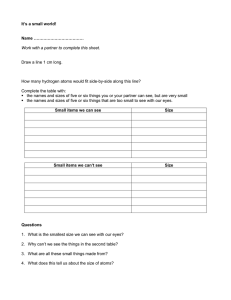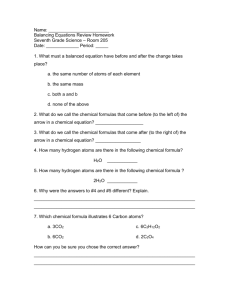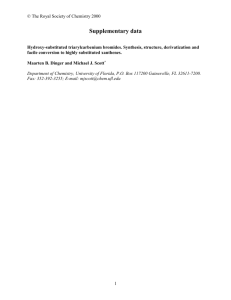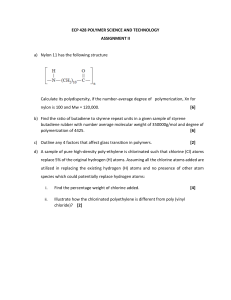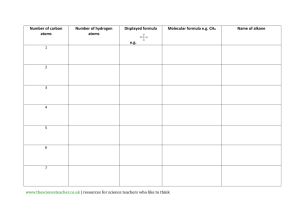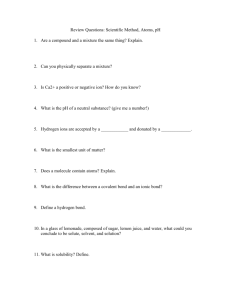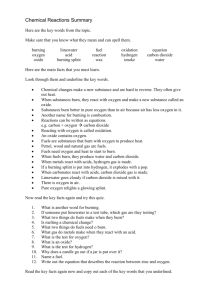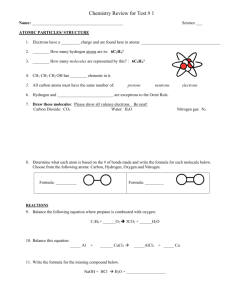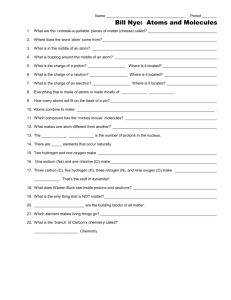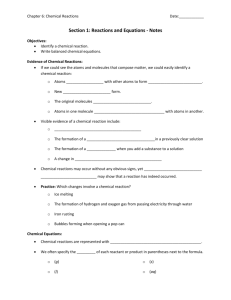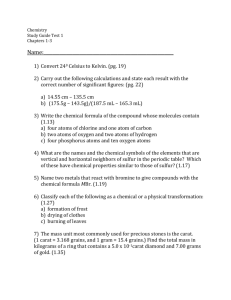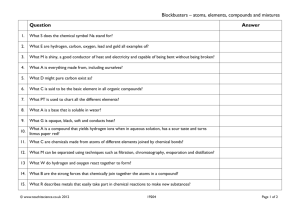What chemical reactions happen when fuels burn
advertisement
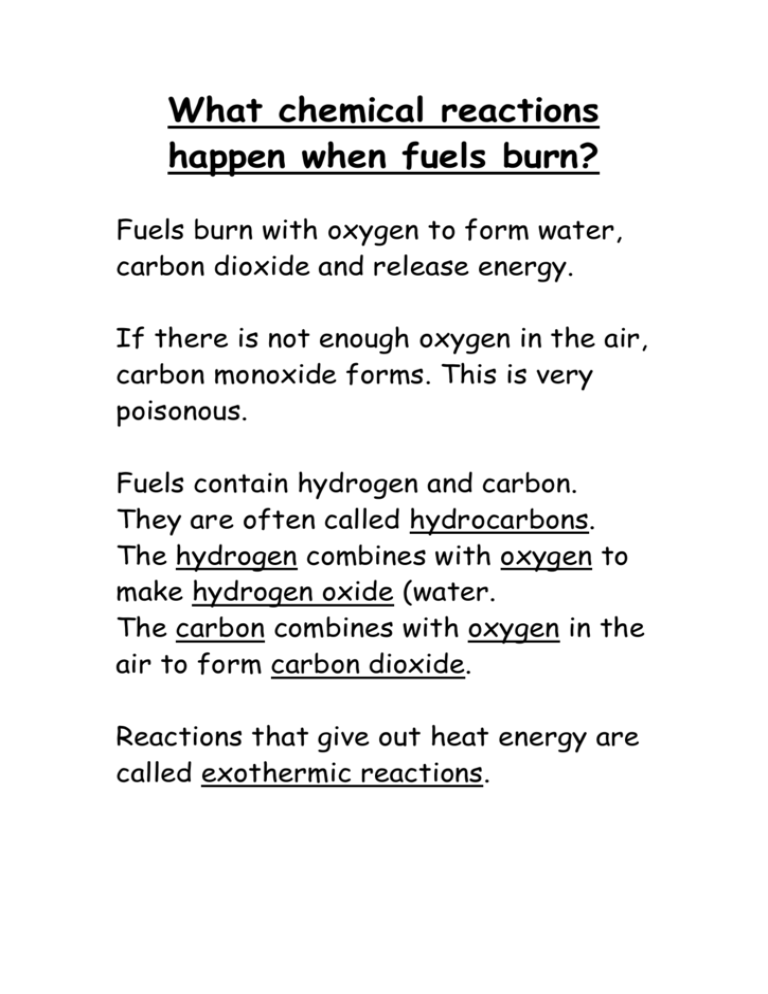
What chemical reactions happen when fuels burn? Fuels burn with oxygen to form water, carbon dioxide and release energy. If there is not enough oxygen in the air, carbon monoxide forms. This is very poisonous. Fuels contain hydrogen and carbon. They are often called hydrocarbons. The hydrogen combines with oxygen to make hydrogen oxide (water. The carbon combines with oxygen in the air to form carbon dioxide. Reactions that give out heat energy are called exothermic reactions. Displacement reactions give out heat energy. The further apart the metals are in the reactivity series, the more heat energy is given out. Cells and batteries use chemistry to store and then give out energy as electrical energy. Useful Chemical Reactions Chemical reactions are used to make many things including Plastics Textiles e.g. nylon Foods e.g. yoghurt Drugs and medicines Not so Useful Chemical Reactions Not so useful chemical reactions can cause Spoilage of food Rusting Erosion of rocks and buildings What happens to atoms in chemical reactions? The atoms in the chemicals rearrange themselves into new molecules when a chemical reaction happens. If we could weigh all the atoms before a reaction, and all the atoms at the end, we would find that the weight does not change. This is called Conservation of Mass.
